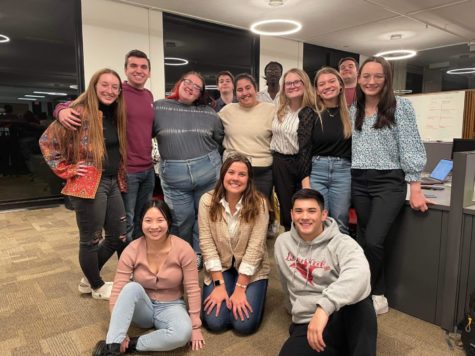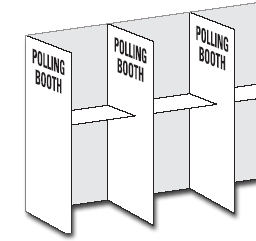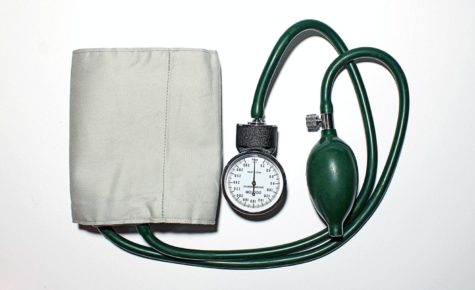Editorial: Fall semester planning and what needs to be done

The ISD Editorial Board respects the upcoming fall semester decisions, but brings to light more issues that need to be considered.
June 14, 2020
In fear COVID-19 sustains its rhythm as a global pandemic, universities across the U.S. struggle to decide how to plan their upcoming fall semesters. President Wendy Wintersteen of Iowa State University announced the decision to begin the semester one week early on Aug. 17 and end the fall semester on Nov. 23. Due to the semester being condensed by a two-week difference, classes will be held on Labor Day. Classrooms will be reconfigured to meet the coronavirus quote of six-foot social distancing and face masks will be highly encouraged in all classes. Hybrid, online and in-person approaches will be utilized for classroom platforms, but this is to be determined closer to the semester start date.
As expected, the Department of Residence struggles to the same degree to find an agreeable consensus as how to handle the upcoming semester. Move-in dates will be expanded over the course of a few weeks to avoid the influx of 30,000 plus students to campus. How to handle move-in has not been decided at this point in time. Students are required to test for COVID-19 upon arrival and quarantine housing will be available in Linden Hall. Occupancy is limited to single or double occupancy; this is unknown to change at winter break.
Nonetheless, Iowa State will not be the same. And the Iowa State experience will not be the same.
Club meetings will be virtual, club sports might be suspended, hall meetings virtual, Cyclone sports put at a halt. We don’t want Iowa State to have its students on campus but feeling isolated from the ISU experience.
Many students view the condensed semester in a positive light. Overall, there really is only a two-week difference between ending the semester before Christmas and beginning a week earlier. A longer winter break means more holiday time with family and more time to recuperate from the long, hard-worked semester without an actual break (since Labor Day is out of the picture). It would nicely accommodate a feasible second-wave of COVID-19 as a shortened semester, but without stressing out Iowa State students after Thanksgiving break.
While a slightly condensed semester means faster paced classes, we can only hope professors take that responsibility to not pile homework onto their students who are already stressed of losing a campus that feels like home. However, it should be acknowledged that Iowa State is taking considerable action to be preventative and effective.
Many universities have decided to continue classes after Thanksgiving, but on an online platform. Michigan State University is one of many who have chosen a hybrid format for the semester: three weeks of online after Thanksgiving. This seems problematic: we have seen how students responded to online platforms; their performance either increased or plummeted. Students without sufficient internet access struggled to take tests, give presentations and take finals without feeling comfortable or in control. If Iowa State chose to enact an online platform for a large part of the semester, then it’s likely students would be questioning if the costs are worth it — and if they can handle it at all.
The Board of Regents proposed a tuition freeze in the wake of COVID-19, but just keep in mind that out-of-state costs are nearly double of in-state. But is it enough? Even everyday expenses seem increasingly difficult to afford considering high unemployment. “49.0% of all undergraduate students (including freshmen) at Iowa State University utilize federal student loans to help pay for their college education, averaging $6,185 per year. This amount is 14.4% higher than the $5,405 amount borrowed by freshmen,” according to College Factual.
While we understand Iowa State had a budget, its priorities should be its students. A tuition freeze is not enough; more financial accommodations should be made for Iowa State students. Many incoming freshmen are actually considering deferring to avoid paying for an experience and an education that they did not expect — and will not be receiving. Other students, especially out-of-state, are considering taking a semester off because the out-of-state cost seems especially daunting. If tuition were to be reduced even by a small portion, students would feel encouraged to return to campus and not feel the stress of not only a shortened semester, but a financial burden.
If a student were to choose to defer or take a semester off, then Iowa State should make an exception concerning scholarships, grants and other financial aid opportunities. A rigid structure of scholarships expiring after four years is not suitable to our situation of a global pandemic. Scholarships, grants and other financial aid should be extended a semester. It is still unknown how many students will be affected by the change in semester, but we shouldn’t have to wait to find out. An education is supposed to be personalized and suited to the student. After all, it is not anyone’s choice to have a semester where Iowa State will not be itself.
While online courses are considered, there also needs to be a discussion concerning online delivery fees. Online delivery fees can amount to a heavy sum; we believe these should also be frozen this upcoming semester. One factor to consider is that some students might want in-person classes due to COVID-19, so the alternative would be to turn to online. For every class, a $150 fine can be extremely expensive.
Although some adjustments need to be made and other factors need to be considered, we do believe that Iowa State will still attempt to bring about a positive experience this semester. But we also hope Iowa State puts its students at the forefront of its worries.
















